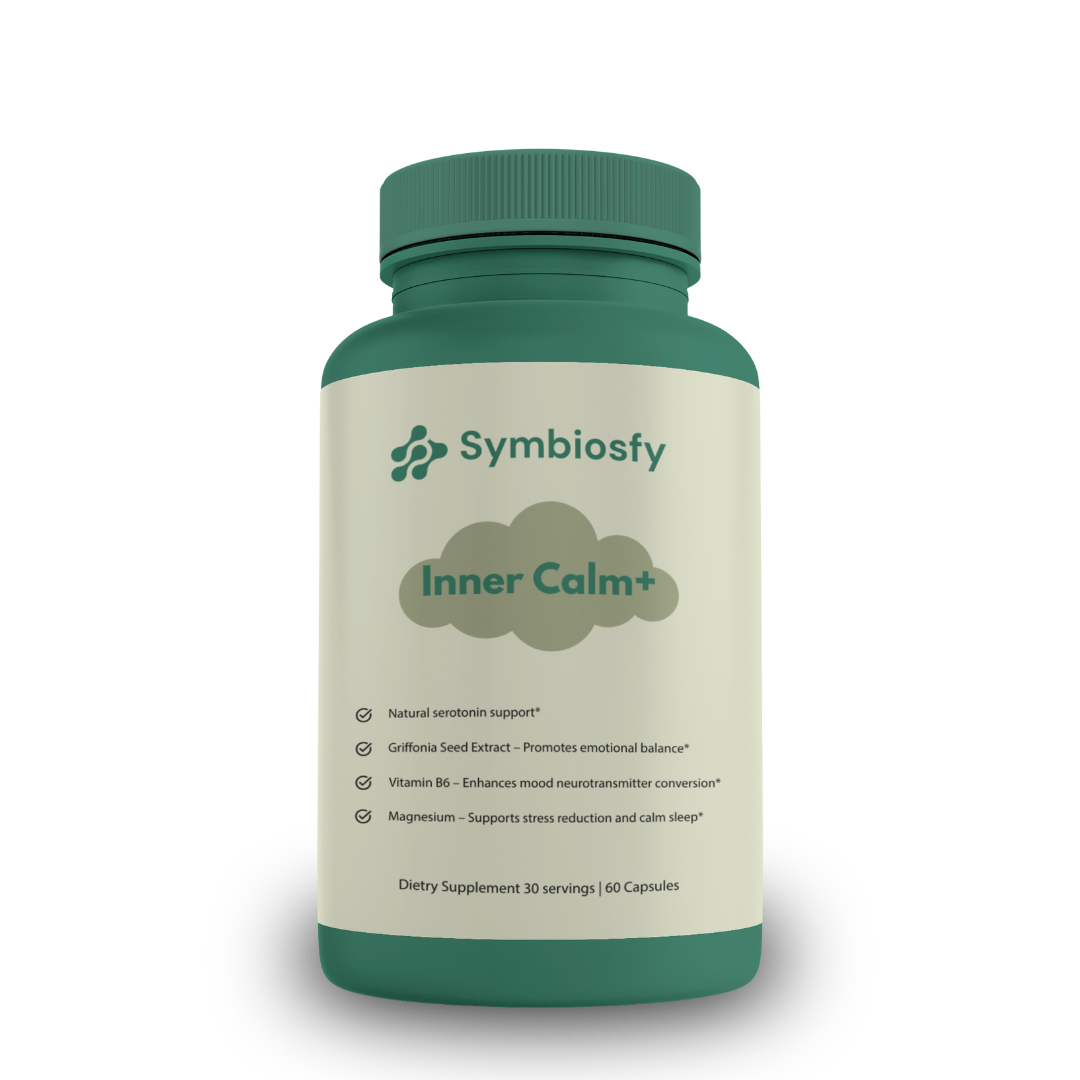5 Hidden Habits That Could Be Disrupting Your Digestion Without You Realising It
Good digestion isn’t just about what you eat — it’s also shaped by how and when you eat, and the small daily habits you might not even notice.
While occasional bloating or discomfort can happen to anyone, some everyday actions can quietly put strain on your gut over time.
Here are five surprising habits that could be affecting your digestive health — and simple tweaks you can make today.
1. Rushing Through Meals
Eating too quickly can cause you to swallow more air, which can lead to bloating, gas, and discomfort.
It also gives your body less time to trigger the release of digestive enzymes and stomach acid — both essential for breaking down food effectively.
Fix it: Try mindful eating — put down your fork between bites, chew thoroughly (about 20–30 times per bite), and aim for meals to last at least 15–20 minutes .
2. Low Daily Hydration
Water plays a crucial role in digestion — from helping dissolve nutrients to softening stool for smoother bowel movements.
Dehydration can slow everything down, leading to constipation and heavier digestion.
Fix it: Aim for consistent hydration throughout the day, rather than drinking large amounts all at once.
Water-rich foods like cucumbers, melon, and leafy greens can also boost your fluid intake .
3. Eating Late at Night
When you eat close to bedtime, your digestive system is still hard at work while your body is trying to rest.
This can lead to acid reflux, indigestion, and disrupted sleep quality.
Fix it: Give your body at least 2–3 hours between your last meal and bedtime .
4. Skipping Fibre Variety
Even if you’re eating “enough” fibre, getting it from the same few foods may limit the diversity of your gut bacteria.
Different fibres feed different beneficial microbes, helping create a more balanced microbiome.
Fix it: Mix your fibre sources — try legumes, oats, seeds, root vegetables, and a range of colourful fruits and veggies.
5. High Stress, Low Downtime
Your gut and brain are connected through the gut-brain axis, meaning stress can directly affect digestion.
When you’re stressed, your body diverts blood flow away from the digestive tract, slowing motility and enzyme release .
Fix it: Incorporate small moments of relaxation — deep breathing, stretching, or even a short walk after meals — to help activate your “rest and digest” mode.
Key Takeaway
You don’t need a total lifestyle overhaul to improve your digestion.
By adjusting a few overlooked daily habits, you can create an environment where your gut can work more efficiently, leaving you feeling lighter and more comfortable.
References:
-
Harvard Health Publishing. Slow down — you eat too fast. Harvard Medical School, 2020.
-
National Academies of Sciences, Engineering, and Medicine. Dietary Reference Intakes for Water, Potassium, Sodium, Chloride, and Sulfate. Washington, DC: The National Academies Press, 2005.
-
American Gastroenterological Association. Lifestyle modifications for GERD. Clinical guidelines, 2017.
-
Sonnenburg, E.D., & Sonnenburg, J.L. (2014). Starving our microbial self: The deleterious consequences of a diet deficient in microbiota-accessible carbohydrates. Cell Metabolism, 20(5), 779–786.
-
Chrousos, G.P. (2009). Stress and disorders of the stress system. Nature Reviews Endocrinology, 5(7), 374–381.

